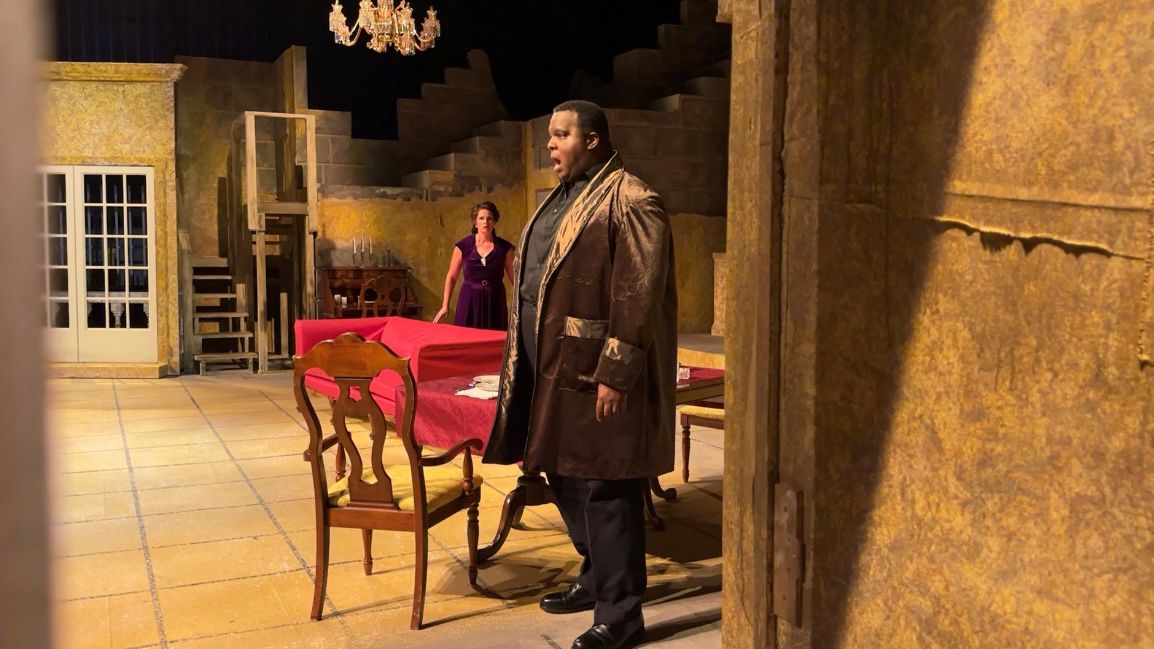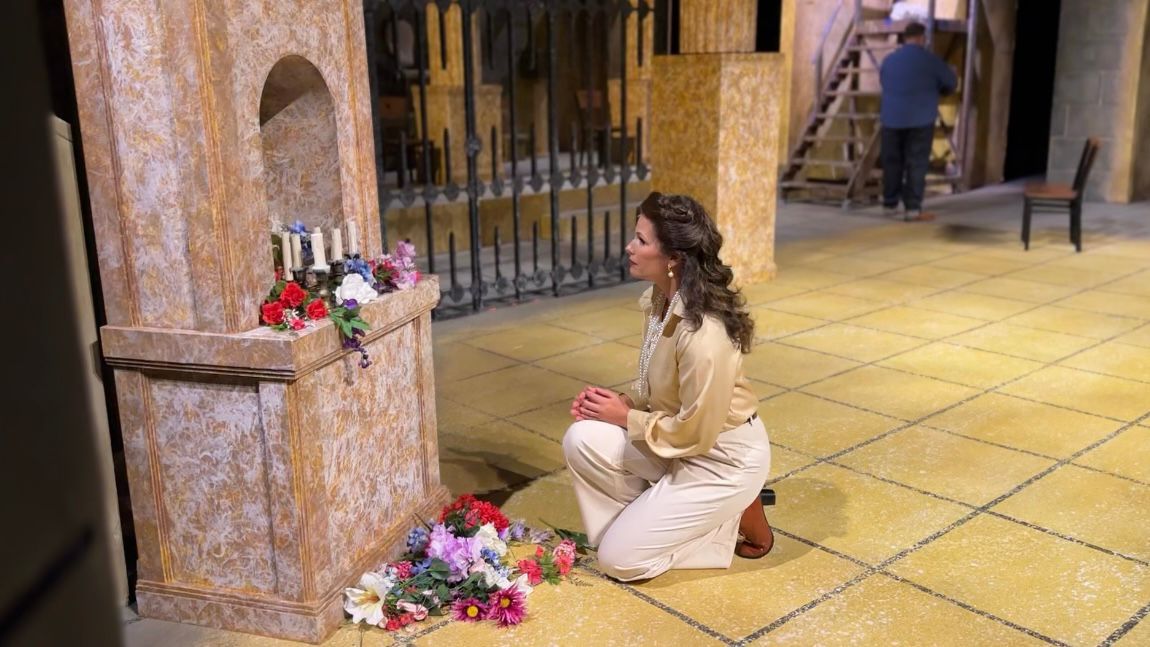WILMINGTON, N.C. — Grand opera in North Carolina dates back to 1948 when the Charlotte Opera Association first opened its doors and simultaneously The Grassroots Opera Company was founded in Raleigh.
Today, the state is home to five opera companies, but over the past four years the COVID-19 pandemic has forced opera to pay a heavy price.

Companies as large as the Metropolitan Opera and the English National Opera are seeing budgets slashed and being forced to dip into endowment funds, and yet in the face of a tough economic landscape the newest opera in our state, Opera Wilmington is celebrating 10 years of performances.
“Opera Wilmington has started sort of with a predominantly local feel and then we started stretching a little bit,” Opera Wilmington artistic director Nancy King said. “From there it just grew and grew and grew, and now we're sort of a destination opera.”
Prior to Opera Wilmington’s existence, people would have to drive hours to take in the nearest show. The goal of the new company was spreading the knowledge and understanding of opera to a traditionally deprived region.
“When Nancy first started talking about it, it was very exciting for us,” Opera Wilmington scenic designer and technical director Max Lydy said. “I say this in all earnest, which is, the quality productions of operas is very good here. We rival a lot of regional operas.”
Opera Wilmington is a nonprofit and largely relies on local grants, sponsorships and donations to fund its performances. Although opera knows how to adapt, financial stability is never far from mind; ticket sales only account for one-third of the revenue.

“My wish is for the company to have enough financial stability to not worry about the fundraising aspects, that's a large part of our responsibility is to just keep after raising the funds needed to produce. It costs well over $100,000 to produce an opera,” King said.
And yet even with a tough economic situation, they consider opera absolutely essential to the cultural landscape of the coast.
“We're providing the opportunity for our artists to actually have summer employment, but more than that, it's a necessary tonic for what divides our society today,” King said.
They have a partnership with UNC Wilmington, providing students and faculty with research and creative opportunities in the performance, theater tech, costume and set design departments.
“I think part of a city's growth is the growth in the cultural arts sector and great cities have great culture, and culture is a way for us to explore what it means to be human, what it means to relate to one another, what it means to feel,” Opera Wilmington music director Daniel Brier said. “I'm just really excited that we're here and that we're moving forward and opera is alive and well in Wilmington.”










